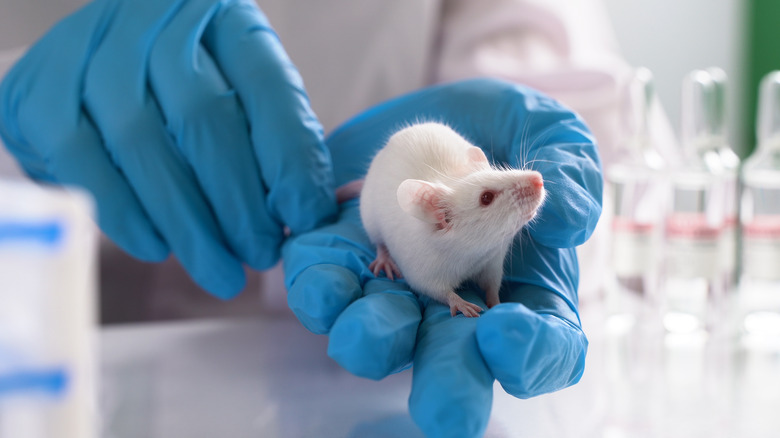This Anti-Aging Drug Can Extend The Lifespan Of Mice By Up To 30%
Scientists in Europe have discovered that a specific anti-aging drug mix can significantly extend the lifespan of mice while also improving their overall health. The combination involves two drugs, rapamycin and trametinib, both commonly used in cancer treatment. When tested together, these drugs boosted longevity in mice by up to 30%.
The research, conducted by the Max Planck Institute, explored how each drug worked individually and in tandem. Rapamycin alone extended lifespan by around 17% to 18%, while trametinib offered a more modest increase of 7% to 16%. However, when combined, the results were much more pronounced. Female mice saw a 35% increase in median lifespan, and male mice experienced a 27% rise.
The anti-aging mix also helped the animals stay healthier longer. Mice treated with both drugs had fewer tumors, lower levels of inflammation, and better function in key organs like the heart, brain, and kidneys. They remained more active into old age and experienced a slower decline in physical condition.
The researchers believe the mix's effectiveness lies in how the two drugs target different points in a cellular signaling pathway linked to aging. This dual targeting led to changes in gene expression that were not seen when the drugs were used alone.
Importantly, the study found no additional side effects from using the combination beyond what is already known from the individual drugs. This suggests that the anti-aging mix could be safe for further testing in humans. Since both medications are already approved for medical use in the US and EU, the path to clinical trials may be relatively short.
While the researchers do not expect humans to gain decades of extra life, the main goal is to improve health during aging. The study points to the possibility of using anti-aging drugs to delay the onset of age-related diseases and maintain physical and cognitive abilities later in life.
